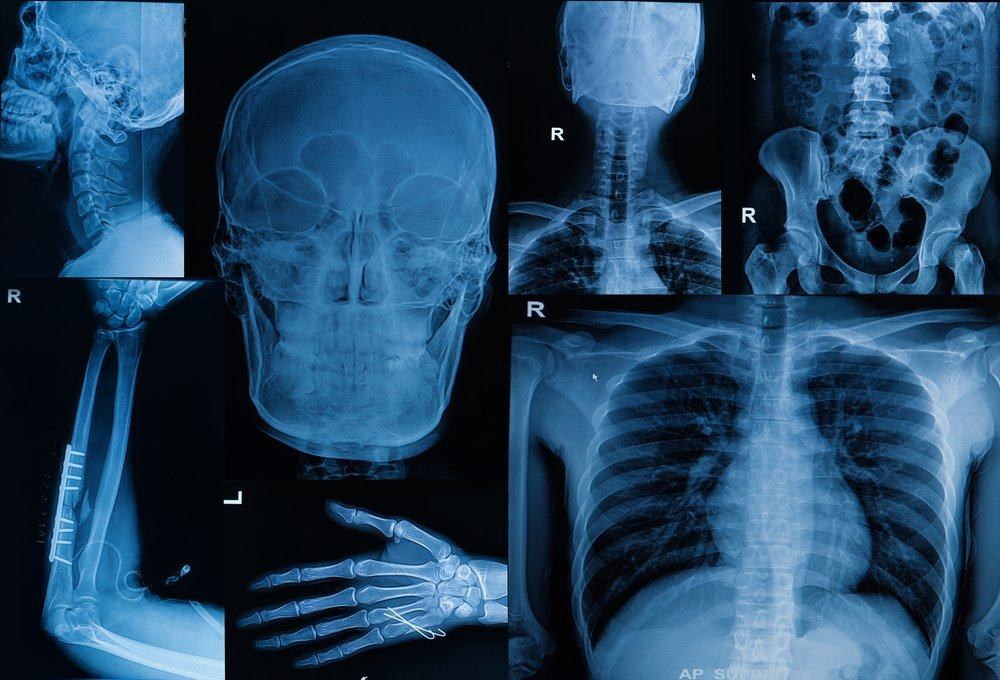Contents:
- Medical Video: Causes & Treatment Of Type 2 Diabetes - Manipal Hospital
- Diabetes makes it difficult for you to think clearly and get senile fast
- How can complications of diabetes affect brain function?
- Type 1 diabetes can also trigger cognitive disorders
Medical Video: Causes & Treatment Of Type 2 Diabetes - Manipal Hospital
Diabetes is a chronic disease characterized by an imbalance in blood sugar levels. Blood sugar that is so high can affect various important organs, including the brain. As an organ that is very dependent on blood flow, complications of uncontrolled diabetes can damage the brain and cause a decrease in brain sharpness. How come?
Diabetes makes it difficult for you to think clearly and get senile fast
Mild cognitive impairment and dementia are two of the many effects of diabetes on brain health. Cognitive disorder is defined as a decrease in the brain's ability to think clearly - processing, remembering, and storing information. One study reported a difference in tajan of cognitive abilities between diabetics and healthy people. Diabetics have a 90% higher chance of experiencing cognitive impairment.
In general, mild cognitive impairment does not interfere with one's activities. But this is the initial phase of transition to dementia. Dementia is considered a cognitive disorder that causes serious brain damage, in which the brain has completely lost the ability to process information. Dementia makes it difficult for sufferers to talk and experience behavioral disorders.
Diabetics at risk for dementia initially show symptoms of mild cognitive impairment. But this can even begin during the prediabetes period, where a person tends to experience hyperglycemia. Other factors such as hypercholesterolemic hypertension, obesity, and smoking behavior in diabetics can also accelerate the occurrence of dementia. In one study it was shown that the elderly had a 70% higher chance of experiencing dementia if they had diabetes.
How can complications of diabetes affect brain function?
Normally, the brain requires optimal blood flow. But in people with diabetes, blood flow throughout the body and brain tends to be unstable. The study, quoted from Medical News Today, showed that after two years of observation, diabetics had a decreased volume of blood flow to the brain. Unstable blood flow volume is also followed by a decrease in cognitive abilities in diabetics.
The main researcher from the study, Dr. Vera Novak, explained that brain damage is very closely related to diabetes complications and blood sugar levels that are too high. And not only is blood flow unstable, damage also occurs in the brain nerves which is proven to be triggered by diabetes. Study by Dr. Novak also showed inflammation in the brain based on the results of MRI scans.
In another study, the results of MRI in the brains of diabetics showed a shrinkage of tissue (atrophy) of the brain nerves. Diabetics are known to have a decrease in hippocampal volume, a part of the brain that plays a role in the process of remembering and navigating (instructions for position and direction). Depreciation also occurs in white and gray matter in the brain which acts to deliver electrical signals and process information. Although this can occur due to natural aging, complications of uncontrolled diabetes can speed up this process up to three times faster.
Type 1 diabetes can also trigger cognitive disorders
Type 2 diabetes is closely related to cognitive impairment related to the sharpness of the process of thinking and memory. This tends to be reasonable because this type of diabetes is more common in adults and the elderly, especially if symptoms of abnormal blood sugar rise appear at adulthood, the risk of developing cognitive disturbances to dementia will also be higher when diabetics already use insulin therapy and experience complications of diabetes at adulthood.
But the mechanism of cognitive impairment due to complications of type 1 diabetes turns out to be slightly different. Type 1 diabetes appears during adolescence and even children. Having diabetes when the growth period can disrupt the development of thought processes, visual perception, psychomotor abilities, and concentration. Decreased cognitive abilities can occur about two years after being diagnosed with type 1 diabetes. However, people with type-1 diabetes tend to still have the ability to remember well even though they experience hyperglycemia in a longer time.
The younger the age of the patient when symptoms of type 1 diabetes appear, the greater their risk for cognitive impairment. A child who has experienced symptoms of type 1 diabetes when he is under seven years is at risk of experiencing more serious cognitive disorders.












